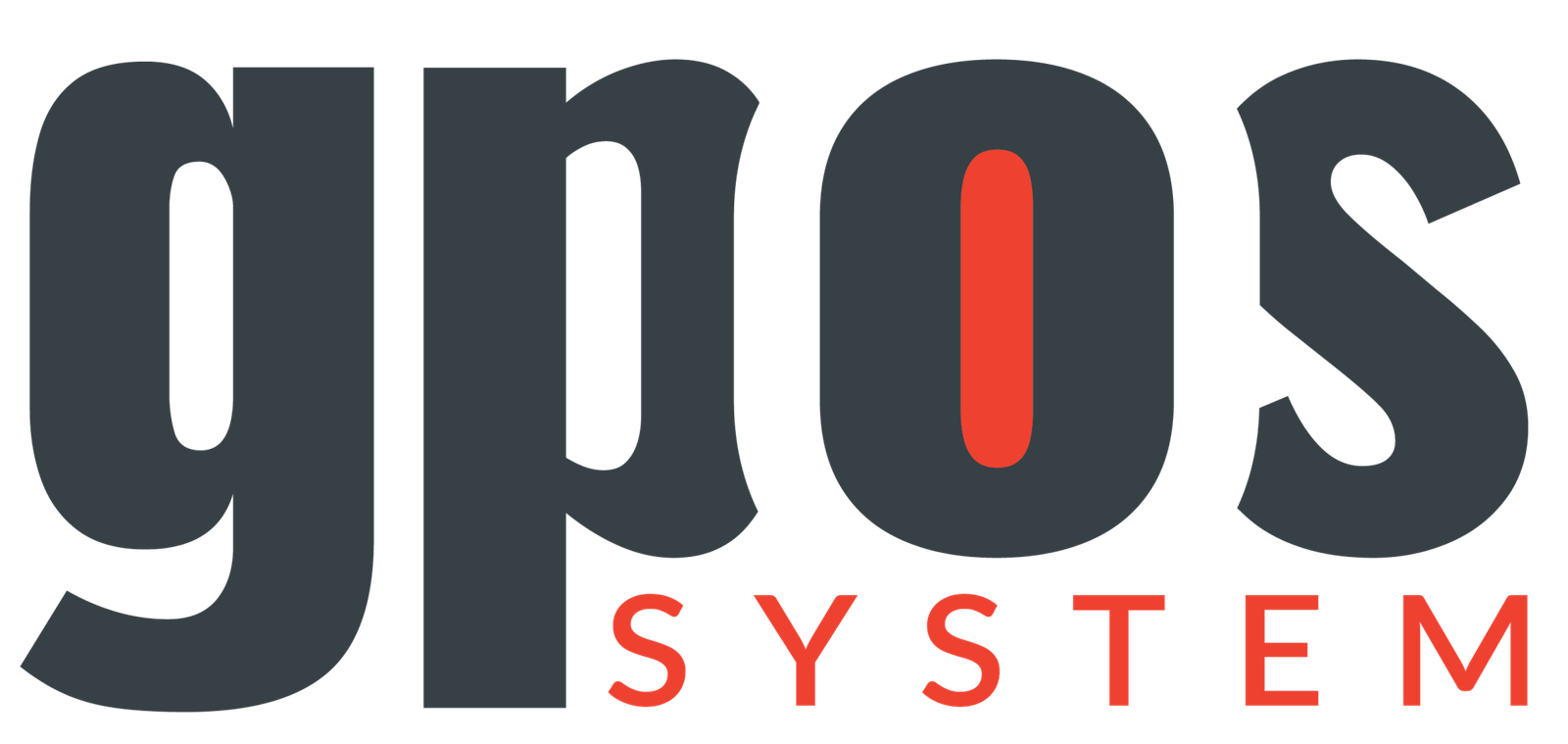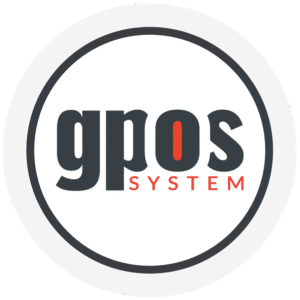Access and Use of BackOffice in GPOS
This tutorial will guide you through the step-by-step process of accessing and managing your BackOffice in GPOS.
🛠️ Why You Need the BackOffice
To manage the whole Branch/Outlet/business in single platfrom.
To configure tax, discounts, and promotions
To monitor inventory and stock levels of all businesses.
To generate sales, purchase, and inventory reports.
To manage users, roles, and system settings.
📋 Steps to Access and Use the BackOffice in GPOS
✅ Step 1: Log in to the BackOffice
Open your GPOS URL in a web browser.
Enter your username and password.
Click “Login” to access the dashboard.
✅ Step 2: Explore the Dashboard
After Login, you can see the Backoffice bar and choose Business.
Select “BackOffice” and Continue.
You Will See the screen of the back office.
✅ Step 3: Manage Multi-business
Go to Business > Business List.
Select the business and switch the business.
Brawes from one shop to another shop
Check the whole report using Filtaration.
✅ Step 4: Generate Reports
Go to Reports from the main menu.
Select the report type – Sales, Inventory, Purchase, or Profit.
Apply filters like date range, store, or product category.
Export reports in PDF or Excel format.
🔐 Important Notes
Only authorized users can log in to BackOffice.
All changes made in BackOffice instantly sync with your POS system.
Ensure proper role-based permissions to protect sensitive data.
🎯 Tips
Regularly check stock alerts to avoid running out of popular items.
Update pricing and promotions from BackOffice to ensure POS always has the latest data.
Back up your data periodically for added security.
By following these steps, you can effectively manage your store operations through GPOS BackOffice — ensuring smooth sales, accurate inventory control, and efficient business management.

